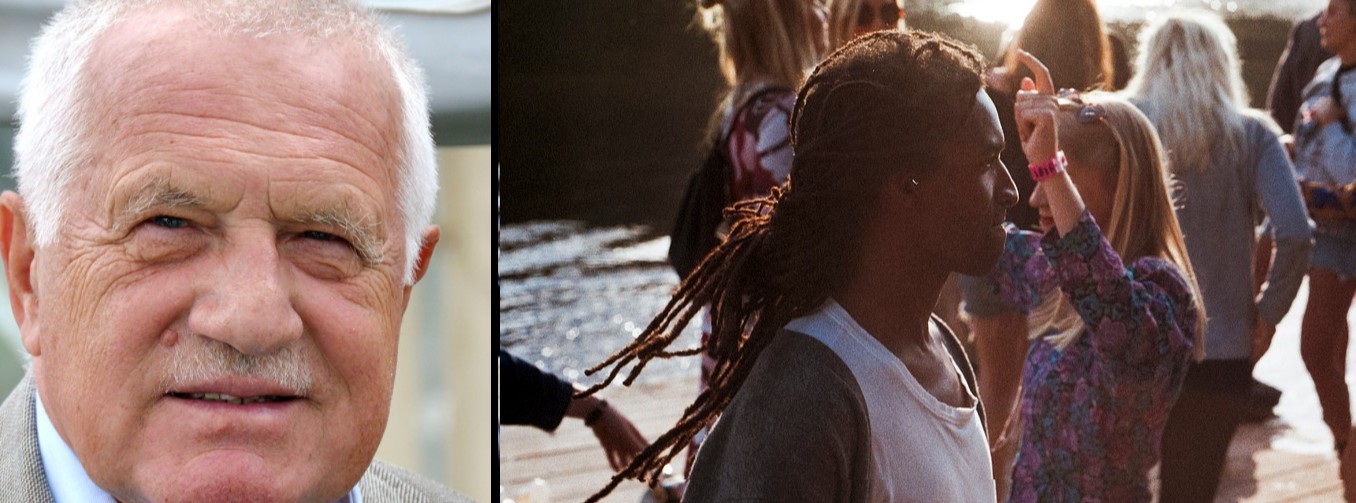“Mass immigration is the topic of our time,” said Klaus in an interview with the Hungarian daily Magyar Hirlap.
He congratulated Orban on “holding up the flag for the fight against the Dublin IV system”. Dublin IV includes a redistribution mechanism for migrants within the European Union.
For him, Dublin IV was the last drop that has made him fight for a “Czexit” – a withdrawal of the Czech Republic from the EU.
Multiculturalism is “the new religion” of the EU elites who wanted to abolish the nation states, according to Klaus.
Earlier, at a presentation of his book in Budapest, Klaus blamed those EU elites who have followed the doctrine of multiculturalism for mass immigration to Europe since 2015. These “unexpected events” were “actually prepared, if not organized by the adherents of this doctrine,” he noted.
The current conflict was “not one between xenophobia and humanitarianism, between solidarity and selfishness, between good and bad people. It is a conflict between liberals who believe in freedom and conservatives who believe in the nation state on the one hand and those who do not share those values on the other”.
The Czech Republic has a long tradition of public euroscepticism.
Even before accession to the EU, Czech politics featured a mainstream party with a eurosceptic stance, the Civic Democrats, led by Klaus who later became the president.
“There are a number of factors behind the revival of Czech euroscepticism to previously unseen heights,” says senior researcher at the Institute of International Relations in Prague, Jan Kovar.
Tomio Okamura’s Freedom and Direct Democracy party has been openly eurosceptic since its inception. The success of the party in October 2017’s general election, and its current strong emphasis on holding a referendum regarding Czech EU membership is directly linked the migration crisis.
Migrant quotas have been a hot topic of each election held in the Czech Republic since 2015, namely the regional election of 2016, the general election of 2017, and the presidential election of 2018, says Kovar.
Kovar says a Czexit referendum is not likely to be held soon however, since the Czech constitutional and legal framework lacks any provision for holding a general referendum.
“Czexit will not happen overnight, but the conditions have never been as favourable before. If it indeed happens, its impact on this medium-sized country surrounded by EU member states will nevertheless far exceed even the worst-case scenario Britain is currently looking at.”













No comments.
By submitting a comment you grant Free West Media a perpetual license to reproduce your words and name/web site in attribution. Inappropriate and irrelevant comments will be removed at an admin’s discretion. Your email is used for verification purposes only, it will never be shared.